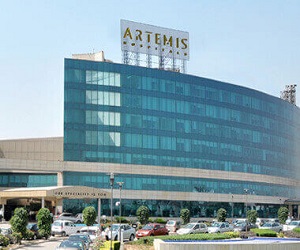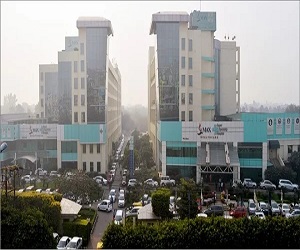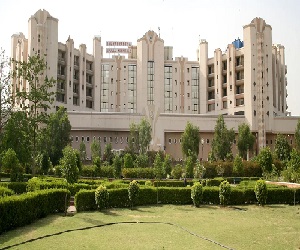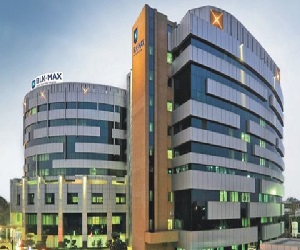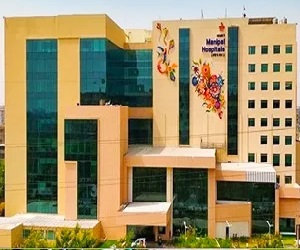Overview
An Electrophysiology Study (EPS) is a valuable diagnostic tool for identifying heart arrhythmias or irregular heart rhythms, which can increase the risk of cardiac arrest. While the procedure itself is painless and typically performed under conscious sedation, some patients may experience minor discomfort due to fluctuations in heart rate. During an EPS, a flexible wire is passed through a vein in the upper thigh or neck to record the heart’s electrical signals. Additionally, the wire can deliver small electrical impulses to regulate the heartbeat and assess its rhythm.
The primary treatment for arrhythmia, particularly Atrial Fibrillation (AF), is Ablation. This procedure involves using catheters to create scars on specific areas of the heart tissue, blocking irregular electrical signals. Catheters are carefully guided into the heart through blood vessels to perform this targeted intervention.
In addition to Ablation, alternative treatment options for arrhythmia include pacemaker implantation, maze procedure, and coronary bypass surgery. The Electrophysiology Study (EPS) serves as a diagnostic tool to guide treatment decisions, such as the need for a defibrillator or pacemaker. The duration of an EPS study can vary, ranging from as little as an hour to potentially over 4 hours, particularly if combined with AF Ablation. Following the EPS procedure, patients typically spend 4-6 hours in a recovery area before being discharged on the same day, provided no further interventions are needed.
Electrophysiology Study EPS Treatment cost in India are as follow
| Treatment | Cost in USD | Hospital Stay |
| Electrophysiology Study | 3500-4500 | 0-1 Day |
| Aortic Stent Grafting | 6500 | 7-10 Days |
| Radiofrequency Ablation | 3500-4500 | 0-1 Day |
| IVC Filter Insertion | 2000 | 3-4 Days |
| Cardiac Resynchronization Therapy (CRT) | 10000 | 0-1 Day |
Frequently Asked Questions
Q: What Preparations Are Needed Before an Electrophysiology Study (EPS)?
A:Before an Electrophysiology Study (EPS), you’ll likely need to fast, adjust medications as instructed, wear comfortable clothing, provide your medical history, arrange transportation, and sign a consent form.
Q: What is the recovery process like after an EPS?
A:After an Electrophysiology Study (EPS), you’ll be monitored briefly, then can resume normal activities gradually.
Q: Will I be awake during the EPS, and will I experience any pain?
A:You’ll likely receive sedation, so you won’t be fully awake during the Electrophysiology Study (EPS). Numbing medications at insertion sites minimize pain, though you might feel slight discomfort or pressure.
Q: How do I choose a hospital for Electrophysiology Study (EPS) in India?
A:Kindly share your reports.

